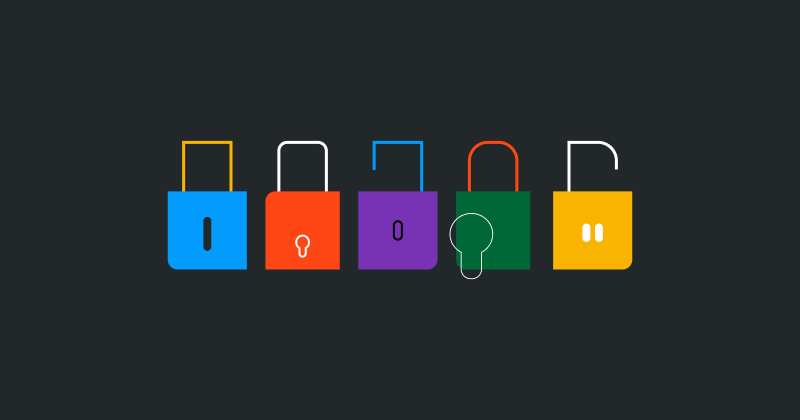
Why Lawyers Need AI-Powered Contract Drafting Software

Discover the advantages of AI in contract drafting: efficiency, accuracy, and cost savings. Learn how the right AI contract drafting software can streamline your workflow and elevate your legal practice.
It’s often said that artificial intelligence will replace lawyers. I don’t believe that—but I do believe that lawyers who embrace AI drafting software will outperform those who don’t. Just as e-discovery revolutionized how we handle discovery, AI-powered contract drafting software is reshaping how we create, review, and refine contracts.
In this post, we’ll explore why every lawyer—whether solo or part of a large firm—should consider adopting contract drafting software. You’ll learn how legal contract drafting software can enhance accuracy, boost productivity, and help you deliver faster, more consistent work across every agreement.
What is AI?
Before jumping into the reasons below, we thought it best to provide a brief introduction to AI.
When developers talk about AI, they are talking about the ability of a machine to mimic human intelligence and behavior. For example, AI-powered software can solve problems and make decisions on its own. From there, you may hear about machine learning, which is just a specific type of AI. Machine learning involves a computer algorithm learning from a specific dataset, without being told exactly how to do so.
You can learn more about these technologies our post about What Lawyers Should Know About AI and Machine Learning.
Now let’s look at why all this matters to contract lawyers.
Increased Productivity
As you know, each stage of a contract’s lifecycle takes time, from the initial draft to each party’s review and editing, negotiating legal provisions, and reviewing the contract after it is signed for compliance purposes. These tasks tend to fill up a lawyer’s plate quickly, and they can easily distract you from providing quality and timely advice to your clients. This is one area in which AI can provide significant help to a busy lawyer.
When drafting the contract, AI-powered tools can draft entire provisions using a prompt from the user (for example, “Draft a confidentiality provision, including a definition of “Confidential Information”, with common exceptions to the definition and the obligations). The lawyer can then review the provision to ensure it fits the deal and contains the proper legal protections. When editing and negotiating a contract, a lawyer can ask the AI-powered tool to review the contract for unusual terms. The software can then create a list of terms the lawyer should focus on when reviewing the agreement.
Similarly, when reviewing an existing contract, a lawyer can ask the bot basic questions about the contract (for example, how can a party terminate this agreement). The bot’s answer can explain the termination rights in summary, and point to the right section of the contract for further review.
All of these actions can improve the lawyer’s productivity, allowing the lawyer to provide better advice to their clients.
Improve Accuracy & Consistency
Complex contracts often contain misidentified parties, broken cross-references, defined terms which are not actually defined, and the like. Finding and correcting these errors can take up a lot of a lawyer’s time and effort and AI-powered contract drafting tools can help speed this up. For example, Rally’s Spellbook software can quickly identify defined terms with missing definitions.
Moreover, it’s easy to leave out an important provision by mistake, or to have conflicting provisions. AI-software can help with both concerns by listing common provisions which are missing, and spotting conflicts within a contract.
These tools are especially powerful for new lawyers learning the ropes, and experienced lawyers working on a contract outside their normal practice areas.
AI-powered software can also help beyond just the legal department. Lawyers often have contracts and provisions which are approved for use by business teams without additional legal review. Using these advanced technologies will allow non-lawyers to use lawyer-approved language quickly within business agreements without having to waste a lawyer’s time in responding to routine requests.
One Example: Spellbook
I’ve been using Spellbook in my contract drafting and am surprised by what it can do almost every time I use it. For starters, it works right inside Microsoft Word, which is incredibly helpful to my daily work. From there, I can use the software to draft provisions within my drafts using prompts that only take a few seconds to write. And I can use the software to review my contract for missing terms to ensure I’m not overlooking something important for my client.
The Spellbook software uses the latest advancements in AI-powered software, including using OpenAI’s GPT-3, which is likely the most powerful Large Language Model in the world today. And I love how Rally’s engineers are constantly updating the software based on user feedback, like their addition of the “Find Conflicting Terms” feature.
You can sign up for Spellbook’s waitlist to get early access to Spellbook yourself.
Get product updates, AI news, and legal tips straight to your inbox.
You can unsubscribe at any time. Read our Privacy Policy for more.
Thank you for your interest! Our team will reach out to further understand your use case.







